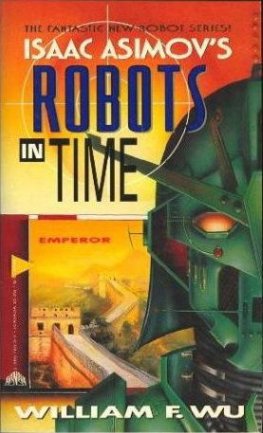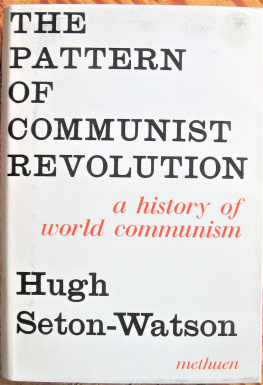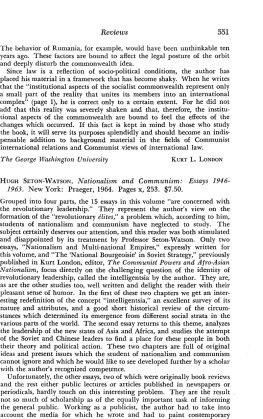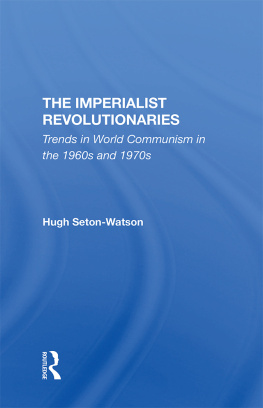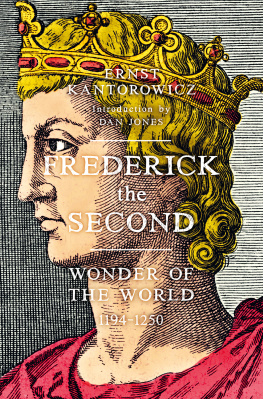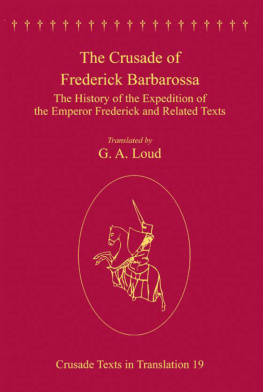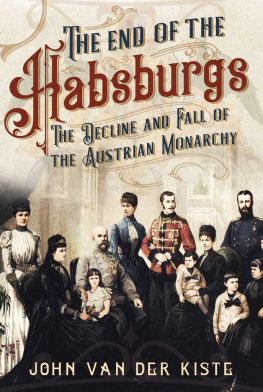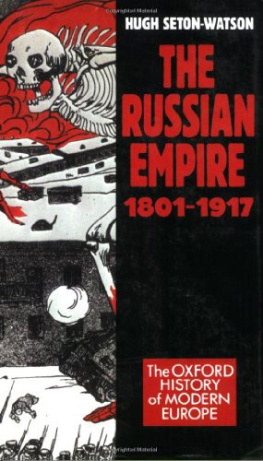MAXIMILIAN IN 1502 Painting by A. de Predis
MAXIMILIAN IN 1502
Painting by A. de Predis
MAXIMILIAN I
HOLY ROMAN EMPEROR
(Stanhope Historical Essay 1901)
WITH NUMEROUS
ILLUSTRATIONS
R. W. SETON-WATSON
Commoner of New College
Oxford
"Mein Ehr ist deutsch Ehr und
deutsch Ehr ist mein Ehr"
WESTMINSTER
ARCHIBALD CONSTABLE & CO LTD
2 WHITEHALL GARDENS
1902
BUTLER & TANNER,
THE SELWOOD PRINTING WORKS,
FROME, AND LONDON.
PREFATORY NOTE
No apology seems necessary for illustrating such an essay as the present, save that it is an innovation. No one now denies the value of portraits in rendering history more vivid; and it might be argued that an essay dealing with a personality requires illustration more, not less, than important historical studies.
My best thanks are due to the Keeper of the Hope Collection of Engraved Portraits, Oxford, and his assistants, for the use of eight of the illustrations, and for their unfailing courtesy and ready assistance in the selection; to the well-known publishers, Messrs. Velhagen & Klasing, of Leipzig, for the use of illustrations 6, 7 and 12; and to Herr Lwy, of Vienna, for the two photographs of Maximilian (frontispiece) and Bianca Maria Sforza.
The Imperial Arms of Maximilian, which appear upon the cover, are taken from Sir David Lindsay's Scottish Heraldic Manuscript.
But for a prolonged illness the essay would have undergone a much more thorough revision.
ILLUSTRATIONS
1. Painting by A. de Predis (from a photograph by Herr J. Lwy, of Vienna)... (frontispiece)
2. (from the Hope Collection, Oxford)
3. (from the Hope Collection, Oxford)
4. Painting by A. de Predis (from a photograph by Herr J. Lwy, of Vienna)
5. (from the Hope Collection)
5. (by permission of Messrs. Velhagen & Klasing, Leipzig)
7. Chalk Drawing of Drer (by permission of Messrs. Velhagen & Klasing, Leipzig)
8. (from the Hope Collection)
9. (from the Hope Collection)
10. (from the Hope Collection)
11. (from the Hope Collection)
12. Painting by Drer, with kneeling figure of Maximilian (by permission of Messrs. Velhagen & Klasing)
13. (from the Hope Collection)
"Preis dem wackern Gemsenjger!
Ruhm in Fehden, Ruhm in Frieden,
In Gedichten Ruhm beschieden
Dir, o ritterlicher Max!"
Max von Schenkendorf.
I
There is a peculiar difficulty in bridging over long periods of history, and in clearing our minds of the habits and prejudices of to-day, before we criticize characters and events which belong to distant periods and other lands. This difficulty, in spite of the strange charm which encourages us to surmount it, makes itself all the more felt in a Transition Period, such as the close of the fifteenth, and the dawn of the sixteenth century. The breath of new ideas is in the air.
"The old order changeth, yielding place to new," but the old dreams are not yet banished from the imagination, and the old ideals have not yet wholly lost their power. Change is everywhere apparent, consummation is still a dream of the far-distant future. To those who look for a figure typical of the age, Maximilian stands forth pre-eminent. Heir to all the splendid traditions of the Caesars and the later glories of the Saxon and Franconian Emperors, he filled the highest position of Germany, not in an attitude of indifference or aloofness, but devoting all his energies and sympathies to every movement or aspiration of his time. His actual achievements in the hard concrete of facts are, from a national point of view, but small; but these are more than balanced by his activity in other and more abstract directions. It is in his relations to the budding thought of modern life that we can feel the real charm and fascination of Maximilian's character. For his was a nature which could never rest satisfied with the past, and aspired to ends which only the far distant future was destined to attain.
Maximilian cannot fairly be judged solely from an historical standpoint; from this a judgment in the main unfavourable would be difficult to avoid. For his task was to bridge over a necessary period of transitionto check the perils of innovation, to employ political expedients which could not, from their very nature, stand the shock of later developments, and to make shift with materials and resources which were soon to be altered or replaced. Hence his achievements, though of very real value to his own age, have left but few traces visible to modern eyes. The Southern temperament which he inherited from his mother often drove him into foolhardy adventures, from which he only extricated himself with a loss of dignity. But the questionable results of his headlong enthusiasms are atoned for by the noble ideals which prompted them; and the very traits which were disastrous to his political career have earned for him his truest claims to greatness.
To tell the life-story of an idealist seems to be repugnant to the most modern of historical methods. Hard dry facts must be summoned to describe his career; an array of political exploits and the wearisome details of fruitless legal reforms must be poured forth in profitless and unending monotony. The soul and its impulses, human or divine, seem no longer to be admitted to the chamber of the historian, whose dull and regulated pulse scorns to beat faster at the tragedy of human lives. But if there is one case in which a true account must not be limited to mere facts, it is that of Maximilian. The specious system of accumulating details, coldly balancing them, and leaving the reader to judge, would be utterly unfair in his case. As well attempt to do justice to Luther, while omitting the agonies and self-reproach of his cloister life, the deep formative influence of those silent months upon the Wartburg, as estimate Maximilian, the dreamer and idealist, by the necessities of his purse or the extravagance of his vast designs! His personality and his office do not by any means coincide. There are many features of his character which have no connexion with the government of his lands, which the historians of his own day overlooked, and which would still be overlooked from a strictly political and historical point of view. But while our admiration is aroused by his active share in the great living movements of the age, it must be confessed that his versatility and breadth of interest have an unfortunate counterpart in the fickleness and lack of concentration which led him to flit from scheme to scheme, without ever allowing any single one to attain to maturity. Such inconstancy in a sovereign is usually negatived, or at least held in bounds, by the apparatus of government. But in this case all centred in Maximilian himself, and not even the influential Matthew Lang was entirely trusted in high affairs of state. As a rule, Maximilian could not endure to have men of masterly or original character about him, mainly owing to the passionate conviction with which he clung to his own opinions, and partly perhaps to a half-conscious fear of unfavourable comparisons. We are thus driven to the conclusion that his policy is mainly his own work, and that, though inspired by lofty patriotism and definite family and territorial ambitions, he never succeeded in combining the two motives, and finally left the problem unsolved and insoluble. But this conviction should only serve to remind us that his greatest achievements lie outside the province of politics. Indeed, regarded as a whole, his life is not so much a great historical drama, as an epic poem of chivalry, rich in bright colours and romantic episodes, and crowded with the swift turns and surprises of fortune.



